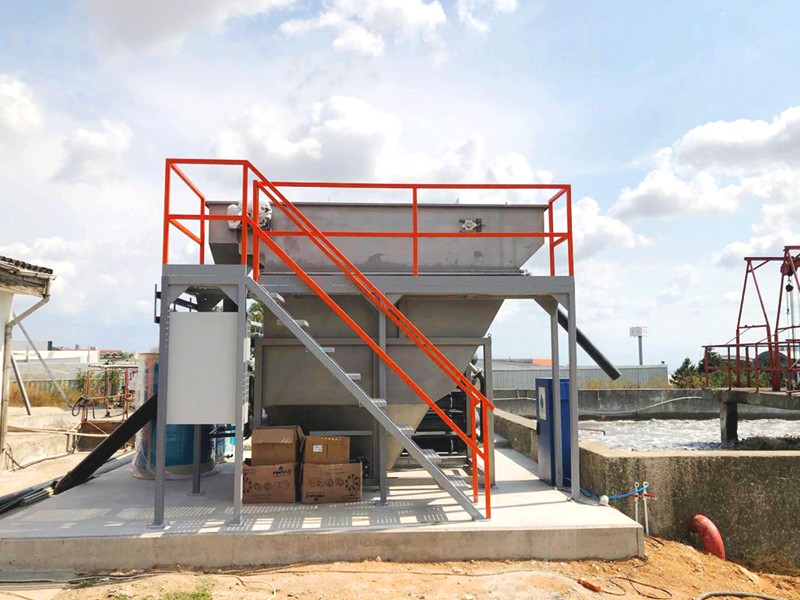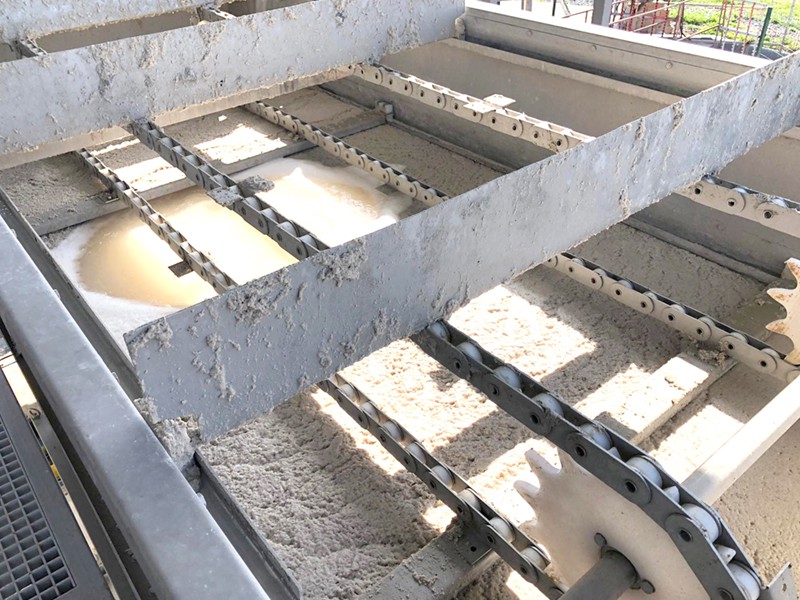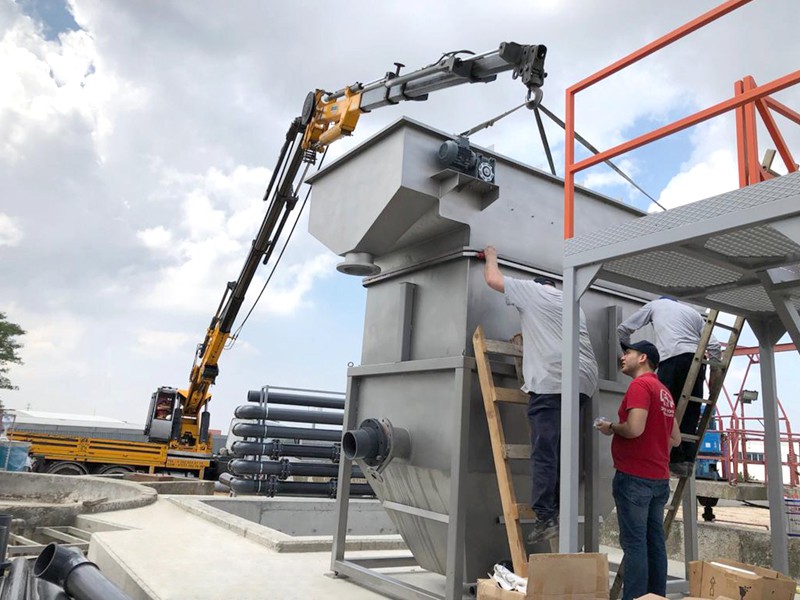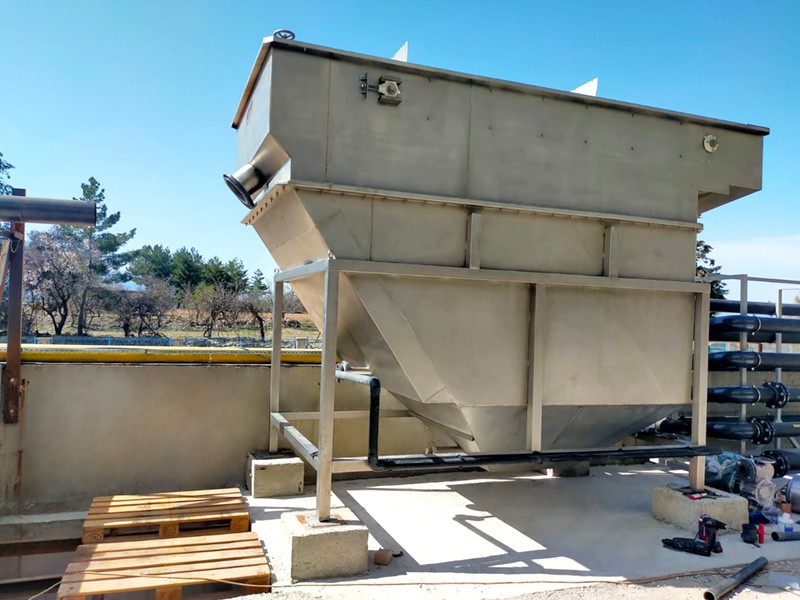
The Importance of the Daf Unit
In wastewater treatment plants, various processes are applied to improve the quality of water, which is important for the environment and human health. One of these processes is the use of a DAF (Dissolved Air Flotation) unit, which is particularly effective in treating wastewater with high levels of solid fat, liquid fat, and grease. In this article, we will provide more detailed information about the importance of using a DAF unit in wastewater treatment plants.
In wastewater treatment plants, various processes are applied to improve the quality of water, which is important for the environment and human health. One of these processes is the use of a DAF (Dissolved Air Flotation) unit, which is particularly effective in treating wastewater with high levels of solid fat, liquid fat, and grease. In this article, we will provide more detailed information about the importance of using a DAF unit in wastewater treatment plants.
What is DAF?
DAF (Dissolved Air Flotation) is a wastewater treatment process used to remove suspended solids and fats from water. In this process, air bubbles are generated and introduced into the wastewater using a pressurized tank or diffuser. The air bubbles cause the suspended solids to float to the surface of the water, where they can be easily removed.
Importance of DAF Unit
There are many benefits to using a DAF unit in wastewater treatment plants. Here are some of them:
- Removal of solid fat, liquid fat, and grease: The DAF unit is particularly effective in treating wastewater with high levels of fat, such as those found in food processing plants. It is an effective method for removing pollutants such as solid fat, liquid fat, and grease from wastewater.
- Removal of suspended solids: The DAF unit is also effective in removing suspended solids from wastewater. This helps to produce cleaner and healthier water.
- Improved effectiveness of secondary treatment processes: The DAF unit helps to remove pollutants from wastewater, making secondary treatment processes more effective. This results in the production of cleaner water and less harmful waste for the environment.
- Cost savings: The DAF unit is more cost-effective and efficient than other methods. Its use in wastewater treatment plants can help to reduce costs and promote a more sustainable environment.
Conclusion
The use of a DAF unit in wastewater treatment plants helps to remove pollutants from wastewater and contributes to the production of cleaner water. It is particularly important in treating wastewater with high levels of fat, such as solid fat, liquid fat, and grease. The effective use of the DAF unit also results in more efficient and cost-effective secondary treatment processes.
Moreover, the use of a DAF unit in wastewater treatment plants helps to reduce costs and promote a more sustainable environment. The importance of using DAF units in wastewater treatment plants is increasing, and it plays a significant role in preserving water resources and protecting human health.
As a result, the use of DAF unit is very important in terms of improving water quality in wastewater treatment plants, removing pollutants and providing cost savings for a more sustainable environment. Therefore, it is recommended that wastewater treatment plants increase the use of DAF units and use these methods for a more efficient wastewater treatment process.



